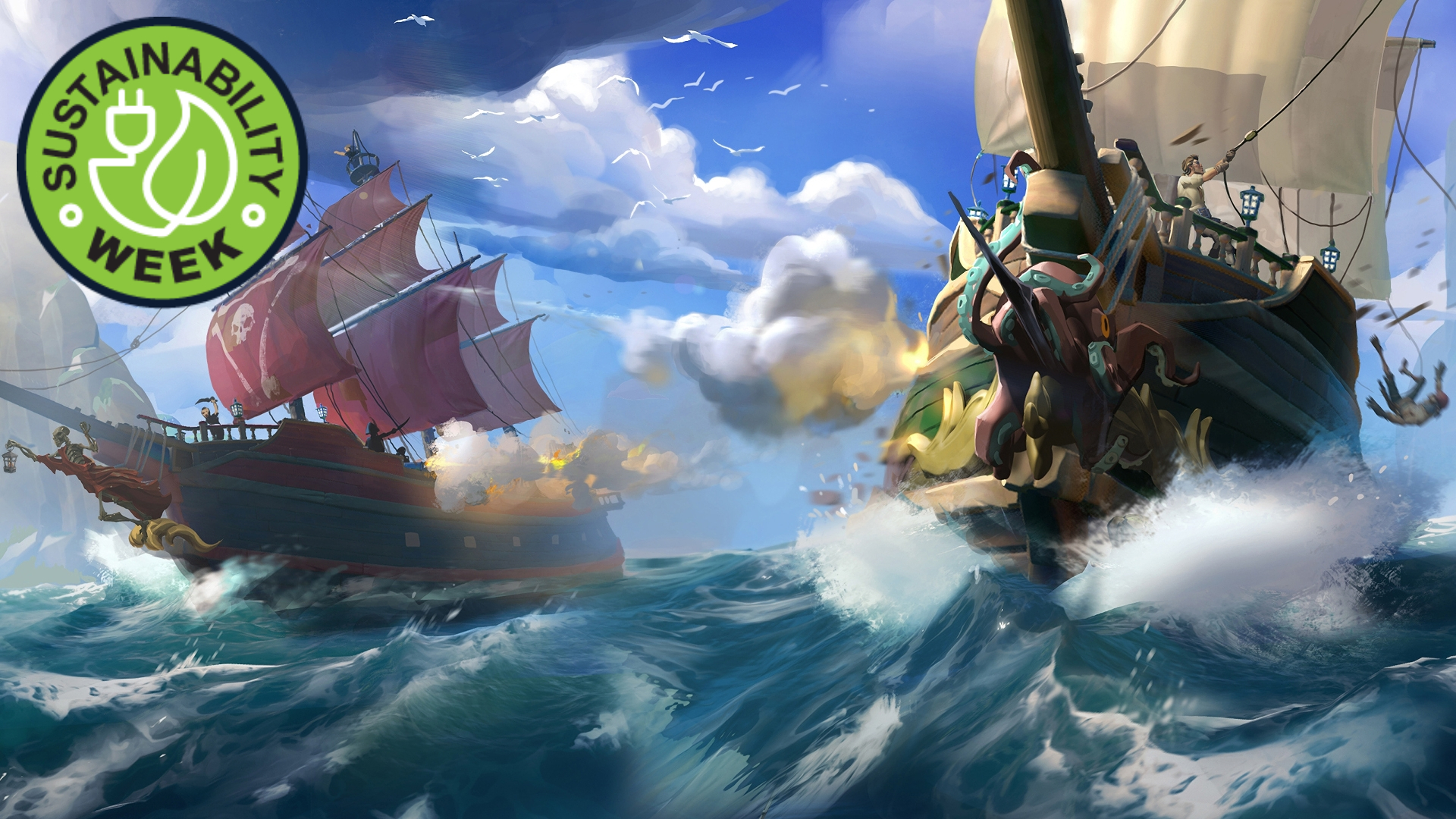
Sign up for breaking news, reviews, opinion, top tech deals, and more.
You are now subscribed
Your newsletter sign-up was successful
Xbox has revealed that one of its studios - UK-based Rare, developer of Sea of Thieves - has constructed a new sustainability-focused studio.
A mass timber building, called 'Barn X', the construction has multiple eco-friendly features and design solutions built into it, all of which combine to reduce the building's predicted energy consumption by 63%. The building is solely electrically powered, using no gas; there's some wizardry with condensated water which saves on usage in things like flushing the toilets; and there are 750 square meters (more than 8,000 square feet) of solar panels on site that will potentially offset 138,000kWh of electricity every year - enough to power more than 438,000 Series X consoles.
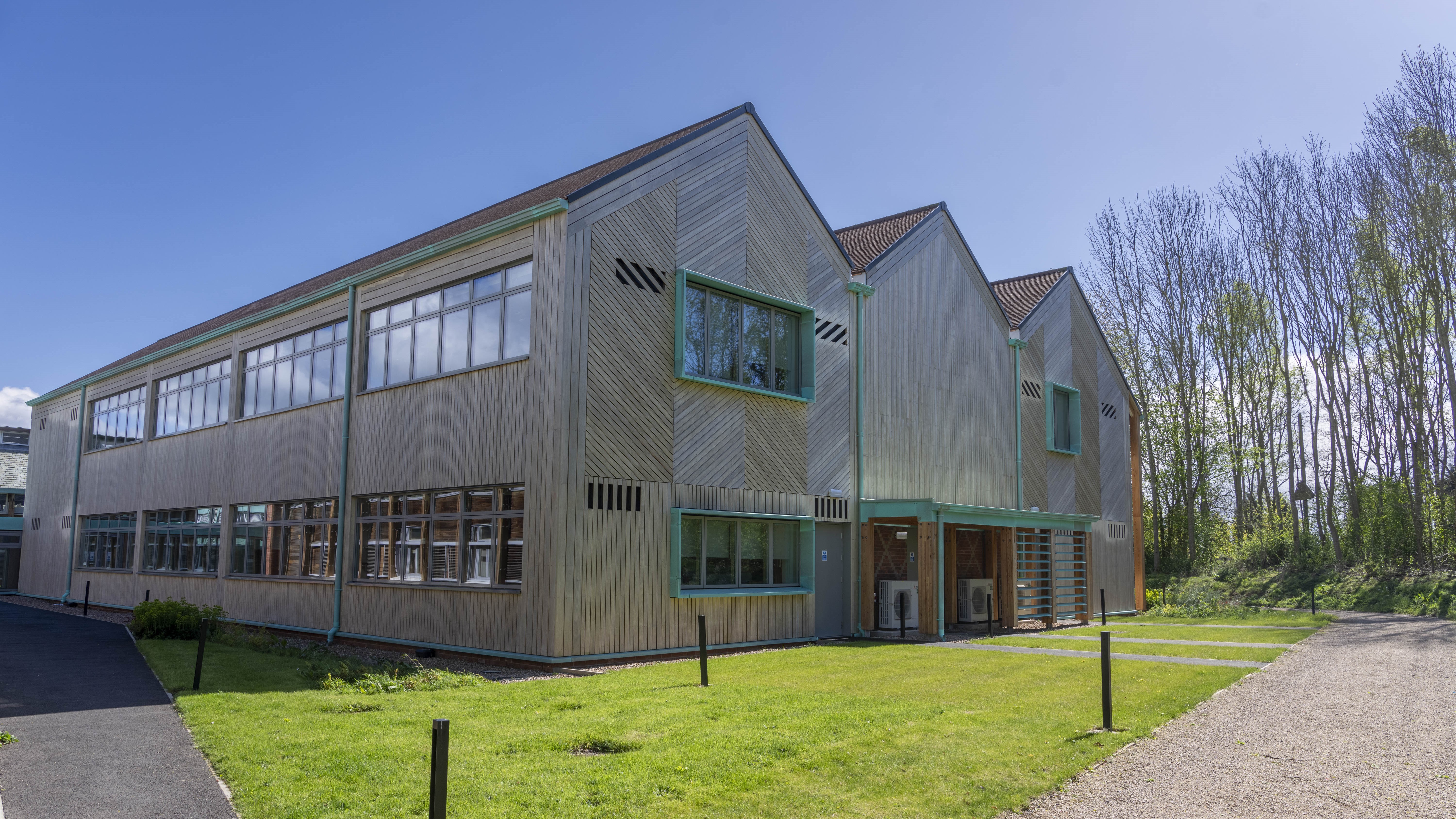
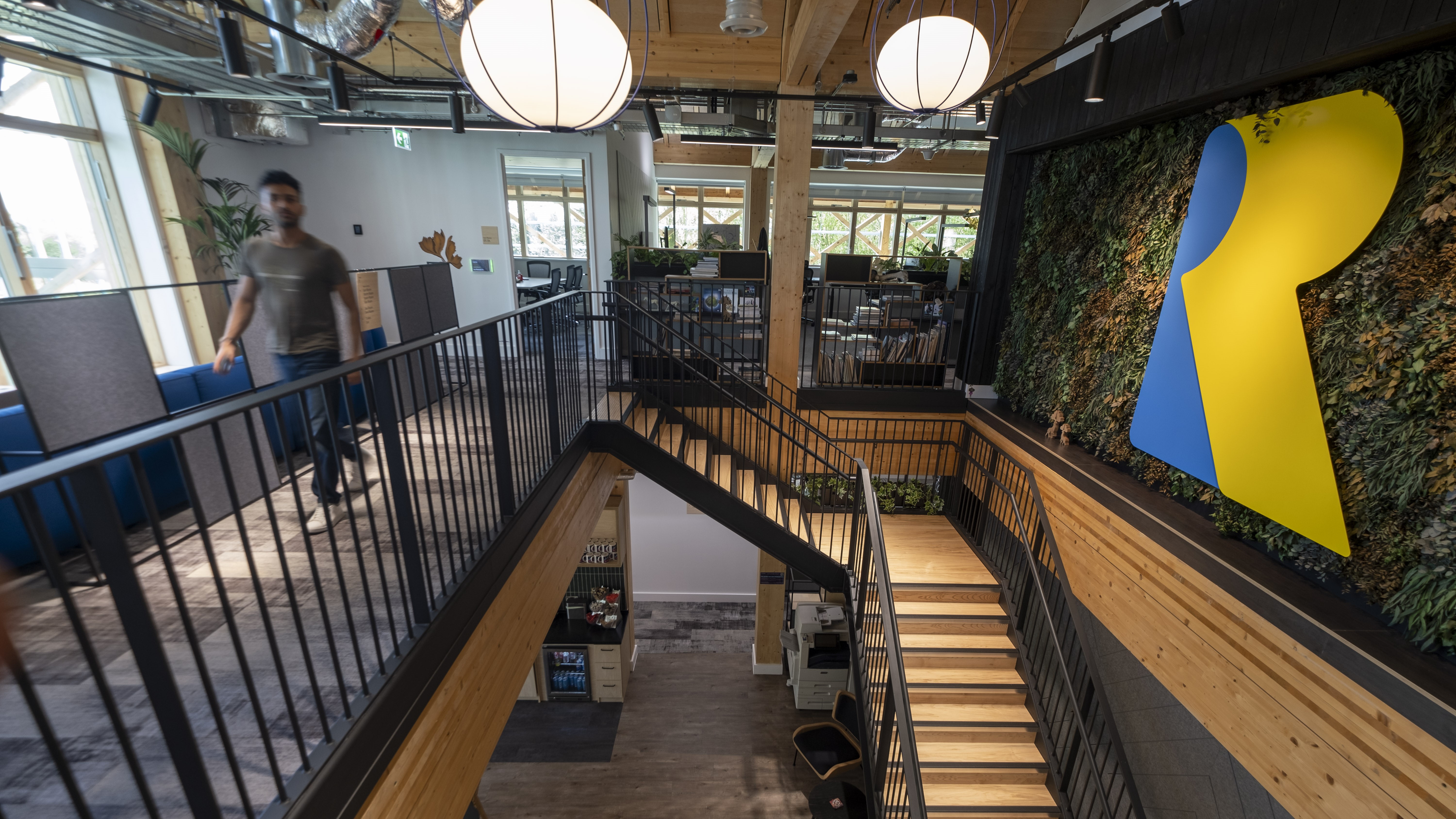
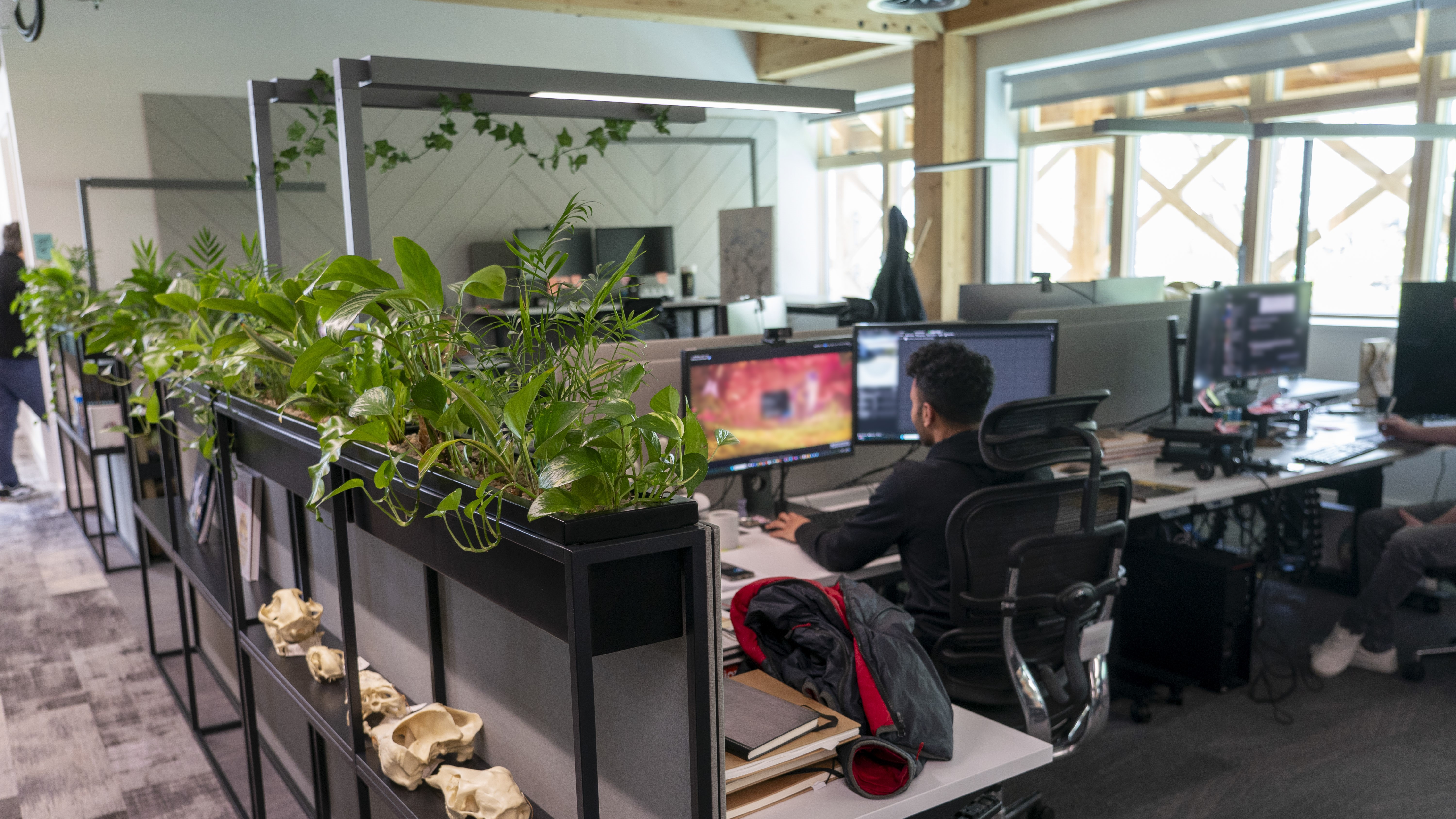
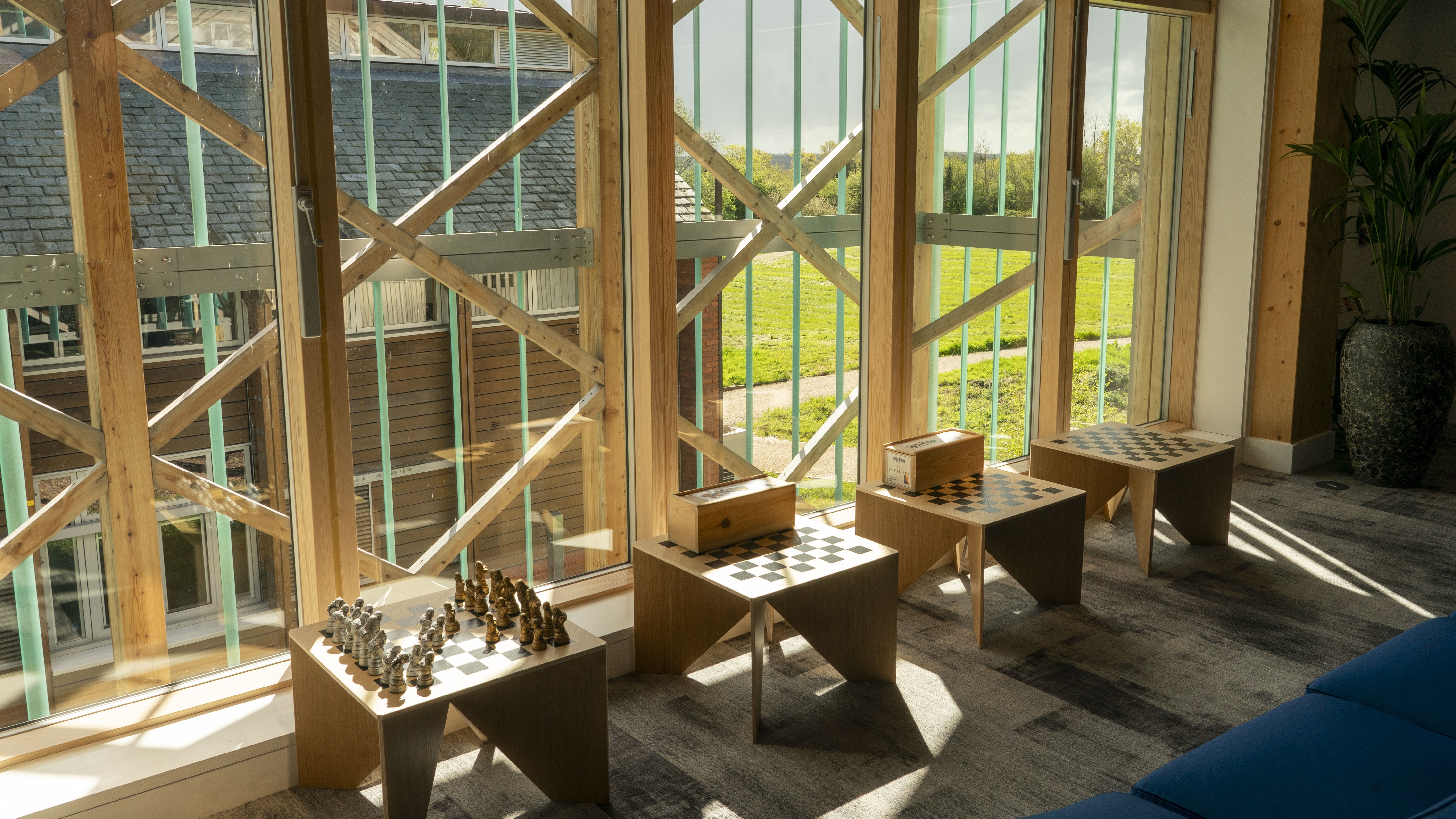
Rare’s Studio Head, Craig Duncan, said: “Our new barn is a demonstration of leading-edge sustainability and environmental design, creating a model green workplace. The opportunity to expand our campus by building a state-of-the-art environment for our teams while supporting Microsoft to achieve its sustainability goals has been genuinely rewarding. The new space design promotes collaboration, creativity, and wellbeing, which are essential ingredients for a team to create fun experiences for players everywhere.”
Barn X has also received official certification for its environmental and sustainability efforts with the building getting LEED GOLD certification. This is the second-highest rating in the Leadership in Energy and Environmental Design certification and is indicative of Microsoft's aim to go "carbon negative by 2030."
This all fits neatly into Microsoft and Xbox's vision of inspiring game developers to create unique and memorable gaming experiences for players; by incorporating sustainability into the very buildings its game makers work in, the intention is that the games that are made will be even better.
While the jury is out on that, it's encouraging to see game studios take more sustainable action and tangible eco-friendly and pro-environment moves.
You might also like...
- All the latest rumors and news surrounding Fallout 5
- The best Xbox Series X games you can play right now
- Our original Sea of Thieves review
Sign up for breaking news, reviews, opinion, top tech deals, and more.

Rob is the Managing Editor of TechRadar Gaming, a video games journalist, critic, editor, and writer, and has years of experience gained from multiple publications. Prior to being TechRadar Gaming's Managing Editor, he was TRG's Deputy Editor, and a longstanding member of GamesRadar+, being the Commissioning Editor for Hardware there for years, while also squeezing in a short stint as Gaming Editor at WePC just before joining TechRadar Gaming. He is also a writer on tech, gaming hardware, and video games but also gardens and landscapes, and has written about the virtual landscapes of games for years.